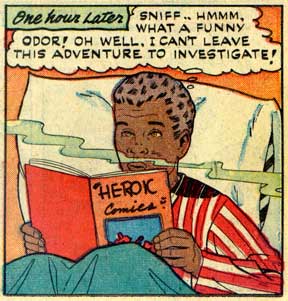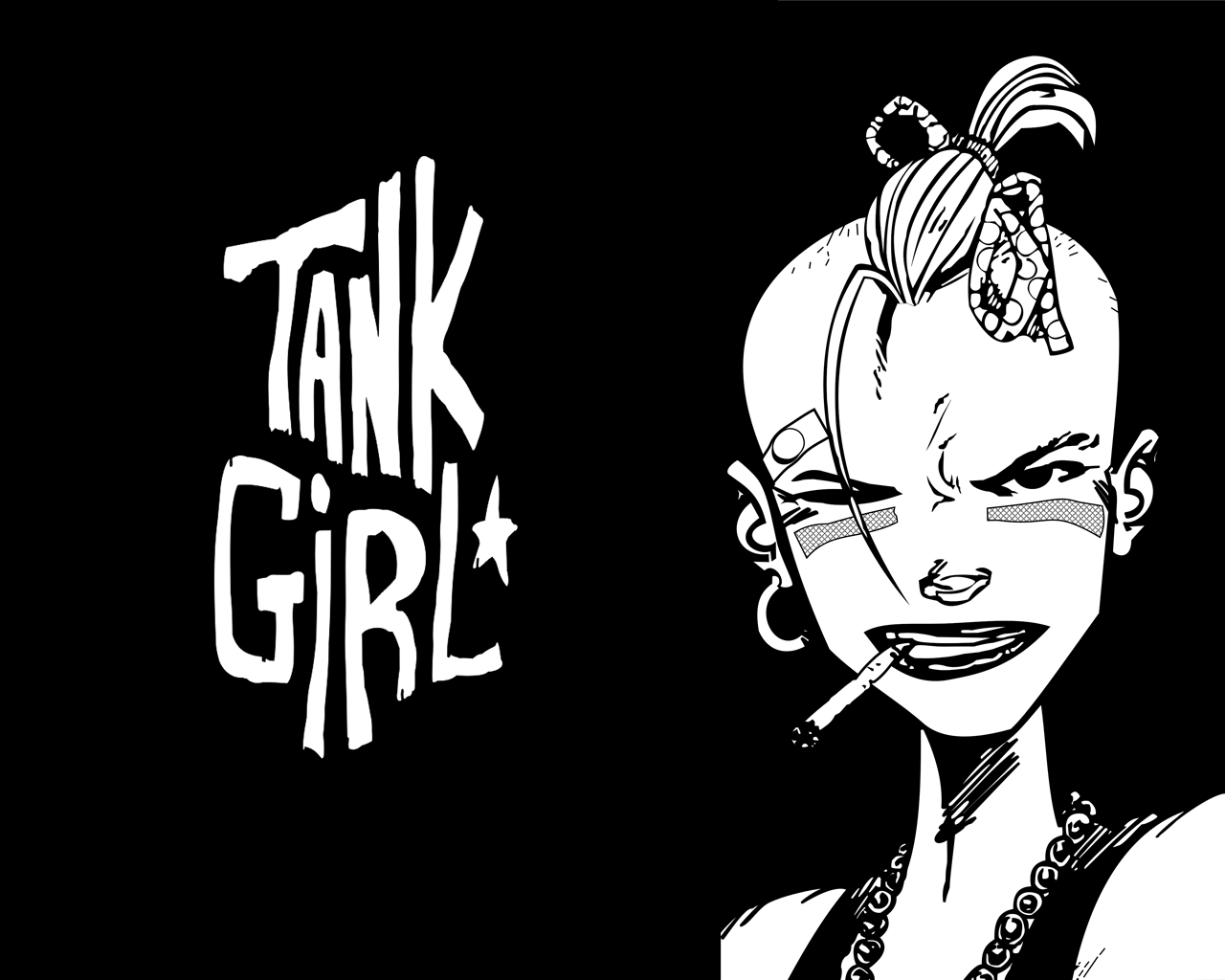“Rectum? Damn near killed
‘em!”
It’s odd, considering the number of times I’ve heard that
line in a movie, I’ve never actually heard the full joke that leads up to it. I’m
assuming at this point that the joke will never live up to the amusement its
mere punch line has evoked in countless repetitions across so many mediums. In
fact, that single line of dialogue has made its way into a lot of movies and
books, as a sort of catch-all for “we join this amusing conversation, already in
progress”, so often that it has come to represent more than just a punch line.
It has come to represent the notion that an entire conversation has gone on
already, filled with humorous anecdotes and likely some degree of heavy
drinking between erstwhile comrades. Plus, you’re left with a feeling that you’ve
missed out on something, like some interesting bit of revelatory substance has
occurred, and you just missed it.
Strange, that a silly punch line from what I can only assume
to be a slightly off-color joke can accomplish so much.
Dialogue is a funny thing like that. It can do so much with
so little to evoke copious amounts of reference and inference, fleshing out
characters and settings with very little apparent heavy lifting. It is, I have
found, the culmination of the old writer’s axiom of “show, don’t tell,” even
though, when you think about it, it’s really doing a little bit of both.
One of my favorite pastimes is watching movies, and, for me,
there are really only a few things I require of my cinematic experience: good
characters (and the actors who play them), good soundtracks, quality
cinematography, a decent story that’s good enough to make me ignore any plot
holes that might be present, and, if there’s any room left in the budget for
it, engaging dialogue. (If you look carefully, you might recognize why I’m a
fan of most Steven Soderbergh or Aaron Sorkin projects.) In fact, if you can nail
the perfect dialogue in a movie, I could generally care less about what else
the movie plans on doing.
Dialogue. By itself, it’s a pretty fascinating literary device
– its history and development as a means for the conveyance of larger concepts
is fascinating. Did you know its etymology? It’s from the Greek word “dialogos”,
which literally translates to “dual meaning”, or “the two-way flow of meaning”.
That adds a nice heft to the word, don’t you think? Back in college, I had the
idea of dialogue described to me through an metaphor of painting; that the
finished product is as much a result of the eye, arm and hand of the painter as
it is the consistency of the paint, the hairs of the brush and the texture of
the canvas. In a dialogue, we have the two (or more) persons involved in the
conversation, their minds that conceive of the motivating principles that
generate the emotions behind the words, the words themselves and the ears of
the other(s) involved – lather, rinse, repeat. Essentially, what is being said
is only partially literal – a conversation tells you more about the persons
saying the words than it does anything else on its own. But, even by itself,
that is a Big Truth Worth Reading.
One of the projects I’ve been working on lately is a script,
and has resulted in one of the most fascinating studies in the power of
conversation I’ve had in a while. With only a small allowance for blocking
instructions, the rest of the writing is all conversation. Character A says
this. Character B says this. The occasional adjective for emphasis, and that’s
it. Can a story be told with only dialogue?
Well, in point of fact, yes. But for this to happen, the
words have to mean something. As I said before, I love movies – and at the risk
of getting Judgy Face from you, I’ll admit to a certain weakness for “comic
book adaptations”. And no, I’m not just saying “superhero movies”, I mean comic book adaptations. While this
includes the obvious films like “The Avengers” and “The Dark Knight”, it also
includes films like “Tank Girl”, “Book of Eli”, “Sin City”, and “The Walking
Dead”. Unfortunately, it also includes movies like “The Amazing Spider-man”.
The recent Spider-man movie kind of hurt my brain, much in
the way an out-of-tune piano hurts my ears.
I mean, it was so close to being a good movie, but so many little things flicked my inner child in the ear that, eventually, it just failed. Initially, it was
difficult for me to point my finger to the place where the film hurt me – the cast
was mostly brilliant, the special effects were mostly good, the music wasn’t
bad, either. The story was riddled with holes (honestly, I’m just not the sort
who’ll look for those in a movie. If I see them, you already lost me. Just for
future reference, kay?), and there were a couple moments where I very nearly stood
up and left the theater. One of these involves construction cranes, and both
involve scenes with C. Thomas Howell.
But what killed it for me was the lack of good conversation.
Now, again, for much of it I have to admit it was good, though I’d have to
credit the actors for managing to deliver pretty awkward dialogue. But the line
that shoved a pencil through my cold, black, heart was the jumbled wreck of
line delivered by Uncle Ben to a struggling and confused Peter Parker. I can’t
even now remember exactly how the line went, but I know what the line was
supposed to be. He was supposed to be telling Peter that “with great power
comes great responsibility.” That’s a wonderful line. It’s meaty and full of
promise. It weighs on you, gives you a lot to ponder. For the purposes of the
story, it’s the reverberating meaning that gives direction to a fledgling
Spider-man, and carries him through tragedy into becoming a fantastic hero,
worthy of storytelling. But rather than use that line, the writer and director
decided to NOT use the line, and cobbled together a half-hearted cheap red
haired stepbrother of a conversation, for no other conceivable reason than to
just not use the line from the book.
To me, that’s like doing a production of Hamlet and having
the titular character at one crucial moment ponder aloud, “Jeez, should I live
or die? Hmm. I don’t really have an answer to that.” It is substantive
dialogue, and its absence will be felt; like a gaping pothole directly in your
path.
At the same time, cutting out essential matter isn’t the
only way to fail. Remaining too true to the source material can also kill a
project twice dead.
The thing that some people fail to accept is that comic books
are not movies. They have teeny tiny conversational bubbles that, for the
purposes of accompanying a panel of art, serve as micro-tweets from the
characters. They’re confined to space and the writer has to bear this in mind,
trimming away the fat to ensure that the most essential matter gets through.
(Unless you’re Brian Michael Bendis, of course, in which case
screw convention and tack on five hundred speech bubbles, because by god this
conversation is gonna be played out exactly as conceived and no limitation on
space is gonna get in the way!)
This becomes a clearly challenging balancing act, between
remaining true to the stories and knowing where to add and subtract to make the
stories effective, and, most importantly, knowing how the characters talk to
one another.
Joss Whedon understands this, as one recent example has
shown. Take his recent adventure, “The Avengers”, and strip away the comic book
elements – no superpowers, no gamma radiation, no space gods. Imagine the movie
being told as a gang of individuals being brought together to help a large
company be saved from a hostile corporate takeover. Think of the tone, the
dialogue, the pacing. It all still works, every last bit of it, because even
though all these characters hold unimaginably potent forces at their beck and
call, they talk like real people.
Well, they talk like really cool people. But you get my
meaning.
Whedon also succeeds in the way in which he takes
expectations and yoinks them to the side just as you get comfortable. He takes
conversational tropes and tweaks them just at the last minute, so every fast
ball becomes a curve ball and every slow ball speeds past the plate at the last
moment.
Tony Stark: “Funny things are.”
Or, in a larger context, the entire conversation between
Loki and Natasha/Black Widow. It stops being just words and turns into a slow-motion
Bruce Lee exchange of verbal parries and jabs until…well, I don’t want to give
it away, assuming you’re one of the few people alive who hasn’t yet seen the
movie.
I almost want to add a counterpoint, here, by mentioning
movies that suffered from a pronounced failure of strong dialogue and writing,
but there’s just so many. I’ll just cough and mutter under my breath that three
good examples of bad writing were prequels, and happened a long, long time ago.
Sorry, George, I have to be bold, much as it pains me.
In a perfect world, additional emphasis would be placed on
the scripting (specifically the dialogue, but they don’t have to stop there)
for future comic book adaptations. But let’s be clear, here. Any movie – any book,
any play, any written work involving dialogue of any kind – could take a strong
lesson from what makes the movie enjoyable in any lasting manner. Save a
million off the top of your special effects budget or your swollen actor pay
and invest in a strong script. Seriously. Its dividends will be monumental.
It doesn’t matter how many explosions come bursting out of
the screen, if the words coming out of the actors’ mouths isn’t similarly
well-written, all you have is eye candy.
Granted, it’s very expensive eye candy.





1 comment:
No, you're absolutely correct. But I think the part they don't always get is that they can't simply translate effortlessly to the screen. The dialogue, the pacing, the character development - to be performed effectively, they're generally done differently in comic books and in movies. Granted, a lot of contemporary writers and artists in comic books are creating work that is far more cinematic than the Golden Age comics, but unfortunately those aren't the comics that always get used as reference material.
And on a side note, I'm really quite done with all the origin story movies.
Post a Comment